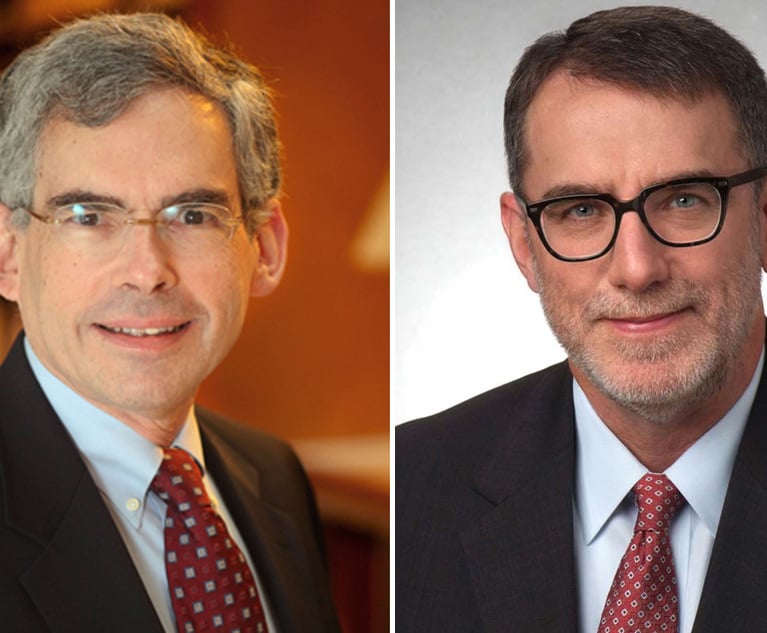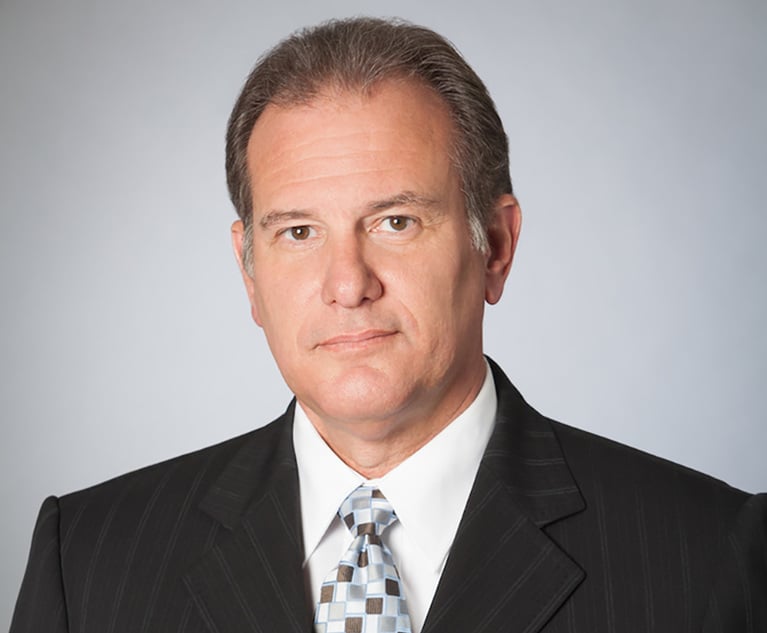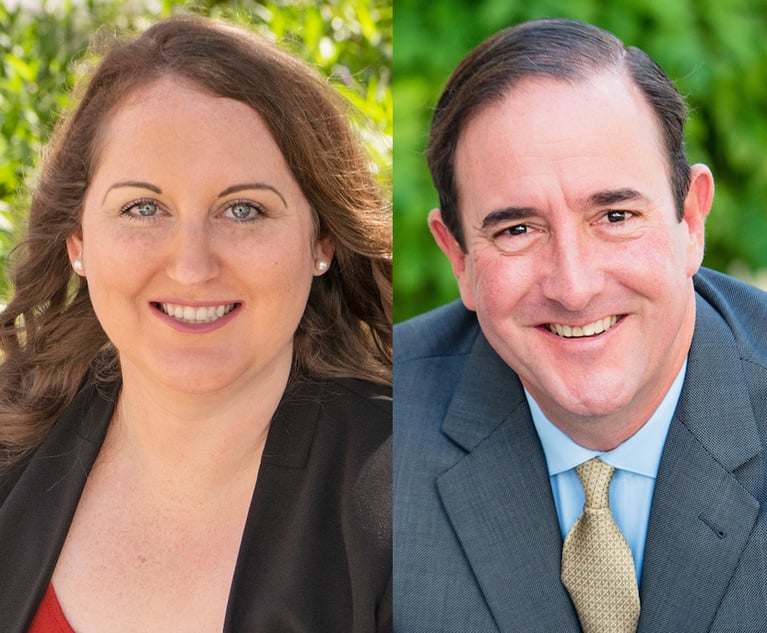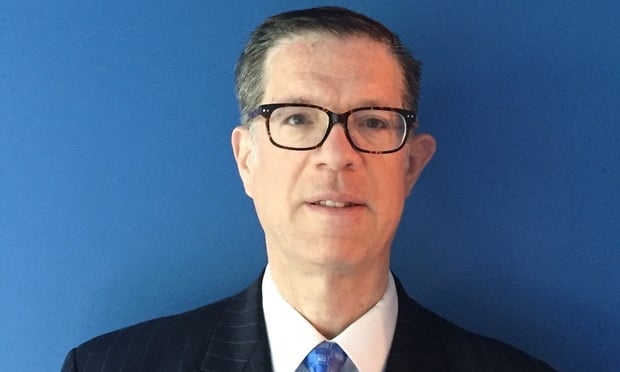Dealing a blow to advocates of student loan discharges in bankruptcy, the U.S. Supreme Court recently denied certiorari in the case of McCoy v. United States. With federal student loan forbearance set to expire at the end of September, many hoped the high court would provide, if not clarity, at least uniformity for the millions of Americans who currently are on the hook for student loans.
The case centers on the U.S. Court of Appeals for the Fifth Circuit decision in which a Texas woman was denied discharge of her student loans. The legal standard at issue is the same for all bankrupt student loan borrowers: whether denying discharge imposes “undue hardship” on debtors under 11 U.S.C. 523(a)(8). The meaning and definition of who meets this standard varies from court to court and is subject to restrictions that critics cite as oppressive to borrowers and beyond the intent of Congress. The case of McCoy, for example, turned on whether she had a “total incapacity” to repay her loans. This high bar is not the reality for all student loan debtors, however.


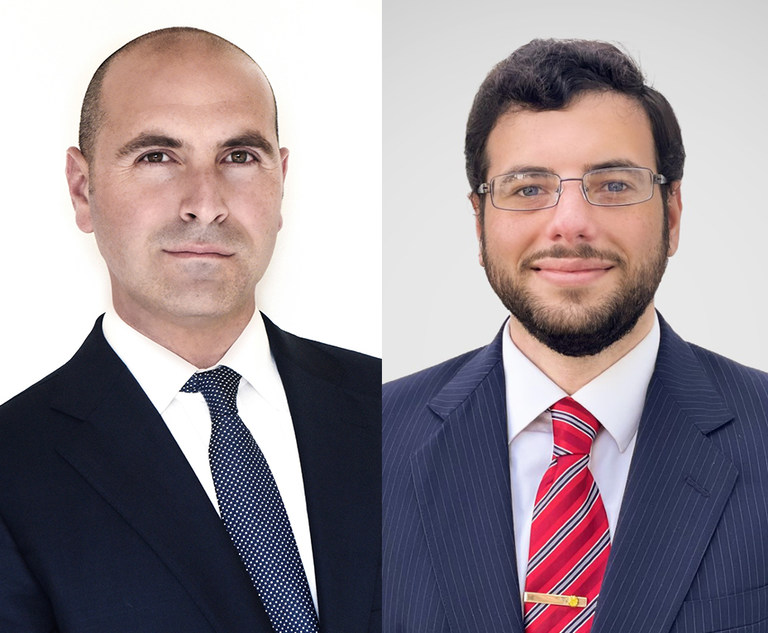 Joseph Pack, left, and Jessey Krehl, right, of Pack Law. Courtesy photos
Joseph Pack, left, and Jessey Krehl, right, of Pack Law. Courtesy photos
